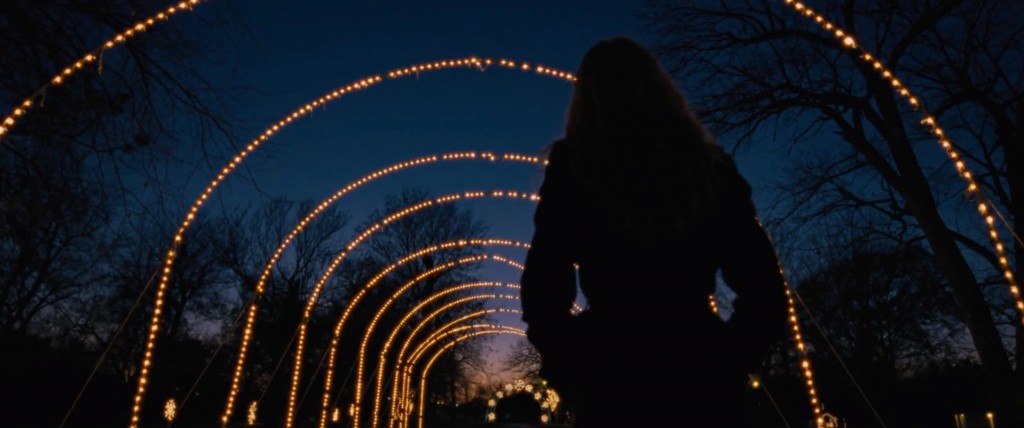Pregnancy as Punishment, or, When the Pro-Life Movement is Evil
Some religious and political leaders have cynically tapped into fear of sexual anarchy in order to promote the pro-life movement. I contend this is not only not pro-life, but that it pisses God off.
There is a subterranean and sometimes right-smack-in-your face anxiety that some Christian men and women have about sex without consequence. There is a current running within Christianity that sexuality is dangerous unless channeled toward a clear and discernible purpose beyond the two people beloved by one another. Different writers in the Christian tradition have emphasized varying purposes for sexual desire, but some Christians seem to focus in almost exclusively on one – pregnancy. Sexual desire is God’s way of making babies, so the implicit argument sometimes goes, and if I experience desire apart from that purpose, I have failed to give God God’s due. But the form of the question distorts the answer. If one begins with the root anxiety that sexuality is anarchic unless purposed, then the answer of “child” becomes punitive. Parenthood becomes the price that women and men must pay for desiring their beloved.
This is a gnarled-up twist of a significant strand in Christian body politics, and it distorts the witness that children are a gift. When this strand starts by being twisted with fear of sexuality, children are a due punishment for desire – an act of justice that, if circumvented, supposedly can turn God’s creation into a ghastly mess of wanton abandon.
I have to give credit where credit is due. My oldest daughter named this years ago at a pro-life event where I had been invited to speak. She was about 12 at the time, and sorting through her own sense of sexuality. I had done a fairly good job, I pray, in conveying that her body is not dangerously ridden with desire, but beautifully created by a God who wants her to know joy. In conversation with the men at the event (and men significantly outnumbered women at this particular event) she picked up on the sense that, for too many of them, pregnancy is retribution for sexuality itself. She picked up on the fact that too many of the men there had a kind of loathing about sexuality, and a sense that sexuality without due consequence is the root of many other evils. She used the term “creepy” to summarize the event. She was right. It was creepy.
This way of thinking may be particularly attractive during times of generalized fear over matters that don’t have a fig to do with whether or not a woman wants to have non-procreative sex with her beloved. When people can’t find work, when elders have a sense that things are changing too fast, when more and more of my neighbors speak a different language than mine, when we fight two brutal wars that seem to have resolved nothing, well, maybe at least we can make women who have sex pay their due. I’m not saying this is a conscious, front-of-my-brain sort of impulse. It is often buried deep down in the moral gut of a Christian imagination – restore societal order by making this one core fact of life “simple” again. Sex = Baby.
And in the visceral logic of this thinking, cutting social programs for women and children may, for some pro-life people, make perfect sense. Why should others be forced to pay for your individual inability to control your sexual desire, or for your community’s inability properly to discipline your people’s desire? Children are the consequence of your urges, and you should pay for their food/education/care yourself. And/Or, your community/neighborhood/culture has become wanton with sexual anarchy, and the right way to correct this is for you people to have to bear more babies and begin to deal with the due consequences of your sexual anarchy. This is the pro-life version of the “your child, your choice, your responsibility” economics that I named in my second book as a constant danger of pro-choice liberalism.
This is also why being anti-abortion and pro-death penalty makes perfect sense to some people. Both children and the death penalty are about justice – about what people should be forced to pay for their actions. People who have sex should pay with birth. People who commit particular crimes should pay with their lives.
I call poop on this mess. Whatever a Christian theology of the body was meant to be, it can’t be this.


